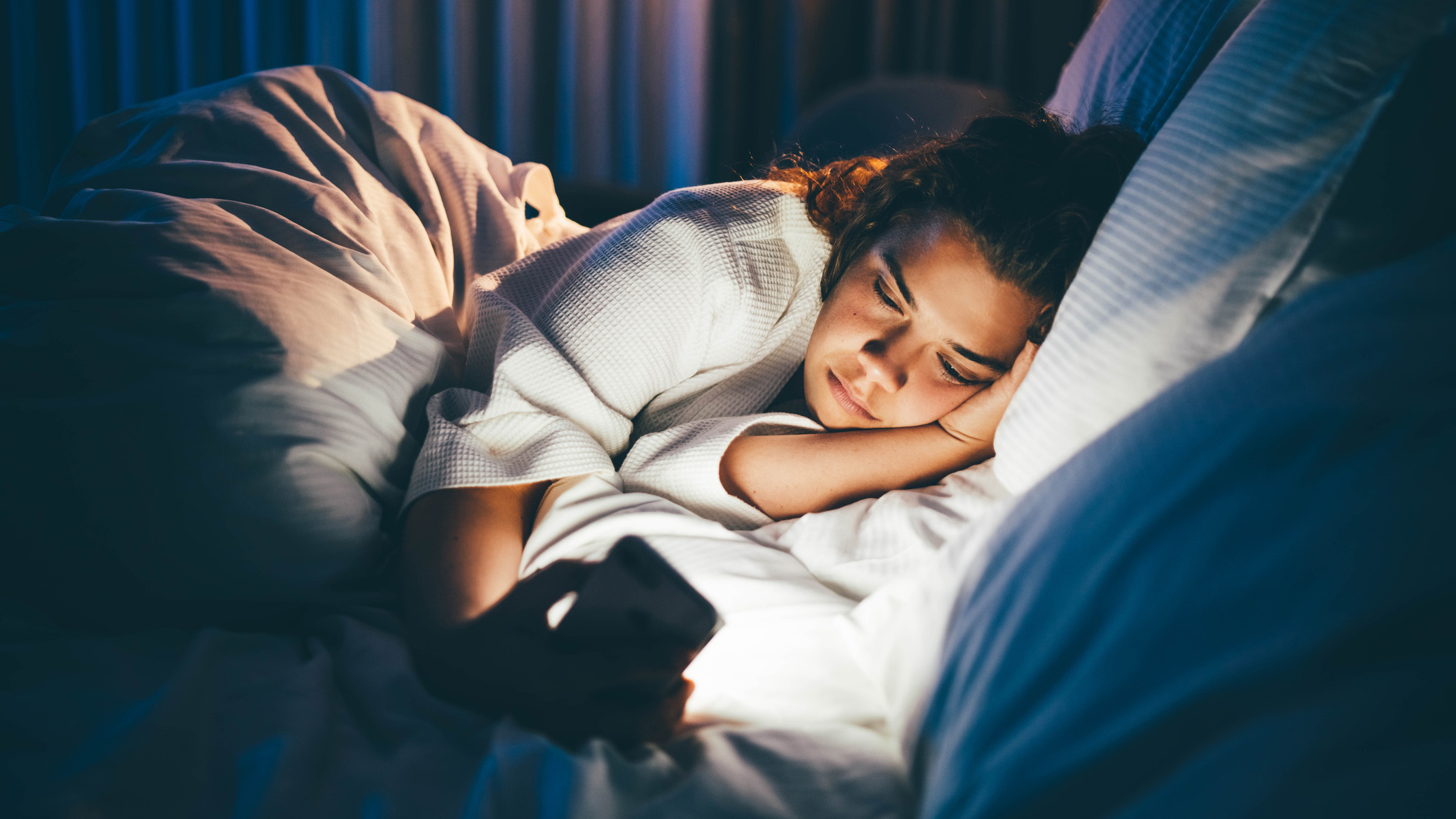Two nights of bad sleep makes you feel four years older, study shows
Prioritize sleep if you want to feel young, say researchers

Good quality sleep underpins our overall well being, including our cognitive performance, mood and long term cardiac health. Now, evidence shows that the quality and duration of our sleep also determines how young we feel.
A study, conducted by researchers at Stockholm University, has found evidence to suggest that sleep directly influences how energetic (young) we feel. Similarly, poor quality sleep has been linked to feeling unenergetic (old).
Key takeaways from the study:
- Two nights of poor sleep ages you by an average of four years, study shows
- Two nights of good quality sleep leaves you feeling 4 years younger
- Quality sleep is a key factor in feeling young, say researchers
The study, published in the scientific journal Proceedings of the Royal Society B, explored the link between sleep quality and duration and feeling young earlier this year. The results indicate that meeting our body’s sleep needs leaves us feeling younger than we actually are — and that poor sleep can leave us feeling older than our years.
Here, we’ll take a close look at the study findings. Plus, in addition to investing in the best mattress for your sleep needs, we'll explore how to get better sleep tonight to boost our energy levels and feel younger tomorrow.
Poor sleep is linked to feeling older
We already know that how much sleep we get can impact how old or young we look (yes, beauty sleep is real). But evidence suggests that sleep is also linked to how old or young we feel.
As part of their study, researchers at Stockholm University initially asked 429 individuals aged 18-70 to reveal how many nights of broken sleep they had experienced in the past 30 days, plus how old they felt. On average, each participant felt 0.23 years older for every poor night’s sleep they had experienced.
The second phase of the study then included restricting the sleep of 186 individuals ages 18-46 to four hours per night over the course of two consecutive nights. This group reported feeling an average of 4.4 years older than their chronological age, with some participants feeling as much as 6 years older than their years.
Sign up to get the BEST of Tom's Guide direct to your inbox.
Get instant access to breaking news, the hottest reviews, great deals and helpful tips.

Then, after two nights of adequate sleep (9 hours) the participants were questioned again on their energy levels. This time, they felt an average of four years younger than their chronological age. And with Millennials sleeping better than other generations, there might be many benefits to feeling younger.
“Safeguarding our sleep is crucial for maintaining a youthful feeling," explains Leonie Balter, researcher at the Department of Psychology, Stockholm University. "This, in turn, may promote a more active lifestyle and encourage behaviours that promote health, as both feeling young and alert are important for our motivation to be active.”
How to get better sleep and feel younger
Your energy levels are directly impacted by the quality and quantity of your sleep. In order to boost your energy levels and feel younger, it’s important to make sleep a priority - here's how.
1. Avoid sugary snacks and drinks
Daytime lethargy can lead to lifestyle habits that can disrupt our sleep quality further, which perpetuates the cycle of poor sleep. When we're tired we often crave the pick-me-up that sugary snacks and drinks can provide — but studies show that sugar consumption leads to disrupted sleep, especially if consumed within three hours of bedtime. The short term buzz that a can of soda can give isn't worth a broken night's sleep (and feeling even groggier the following day), so switch to water and a piece of fruit instead.
2. Embrace the natural rhythms of your energy levels

Our energy levels naturally ebb and flow during the day, as serotonin, the hormone we produce upon waking to help up feel alert and refreshed, makes way for melatonin, the hormone we produce to signal that it's time for sleep. However, the blue light emitted from our screens and devices can impact the production of both hormones, which makes it difficult to establish a healthy sleep and wake cycle. If you want to sleep better tonight and have more energy tomorrow, don't reach for your smartphone as soon as you wake up and turn off your devices two hours before bed.
3. Scrub up on your sleep hygiene
Sleep hygiene is a term to describe your bedtime habits and routines. Improve yours by setting a regular sleep schedule, clearing clutter from your bedroom and ensuring that your bed set-up is conducive to a good night's sleep. That means making sure the temperature is right, any ambient light is blocked out, any electrical items are turned off at the wall and that you're sleeping on the most comfortable mattress for your body type and sleep needs. On a basic level, sleep hygiene means creating an environment that you want to retreat to and relax in.

Nicola is the Sleep Editor at Tom’s Guide, where she helps steer the mattress and sleep content published on Tom’s Guide, including our Best Mattress for Back Pain buying guide. With a career in journalism spanning the best part of two decades, Nicola brings experience to the team and the knowledge of what makes a great article, whether that’s a how-to mattress cleaning feature, a deep dive into melatonin gummies, or an in-depth mattress review. As a sleep editor, few better understand how important a decent mattress is to the overall quality of our sleep, and precisely how our sleep impacts our physical and mental health. As well as tackling the vast topic of sleep, Nicola joins the raft of expert mattress specialists at Tom’s Guide, who test and compare a wide range of mattresses in order to guide readers towards the very best options on the market.
